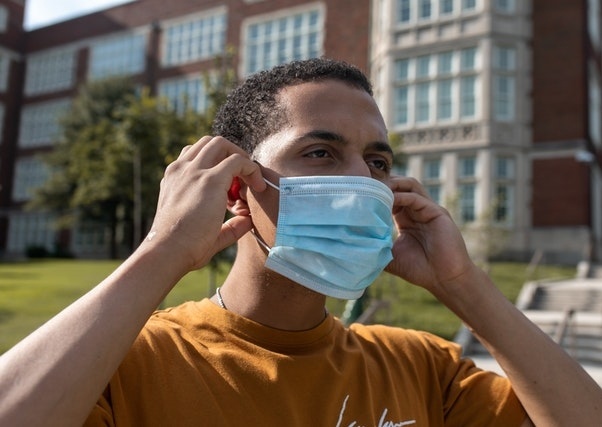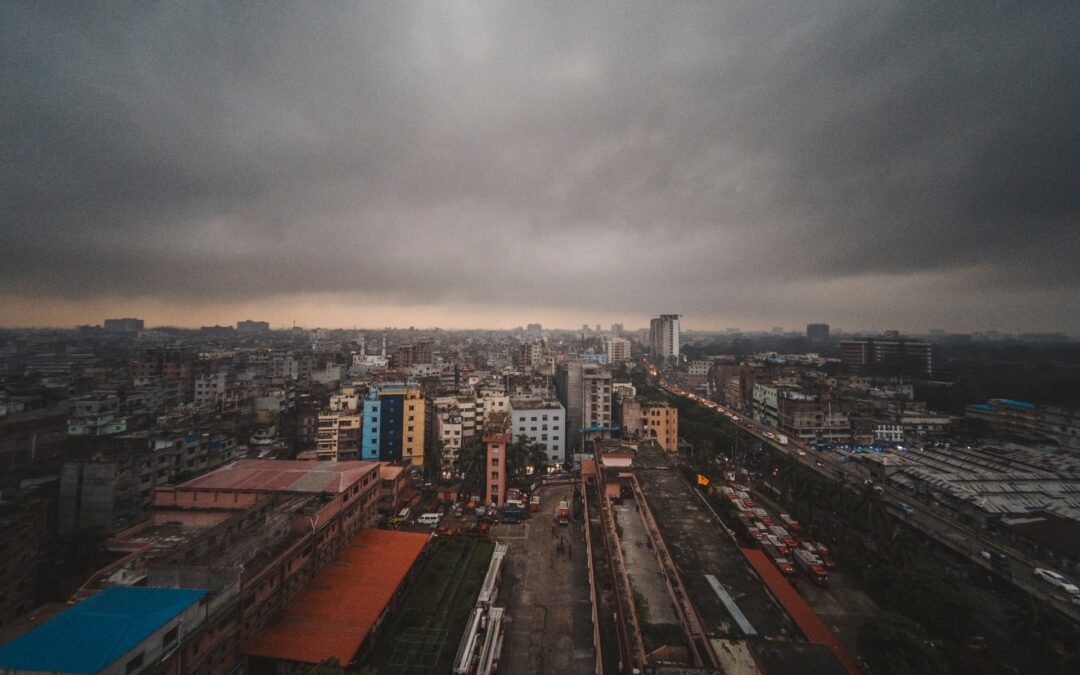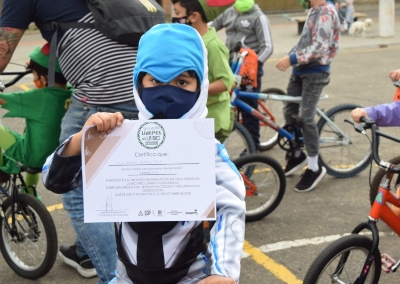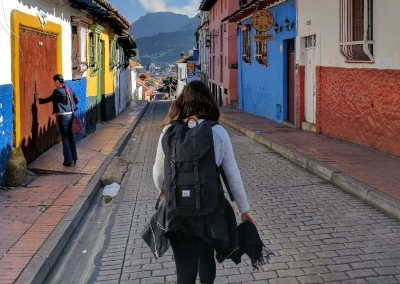E-Book Icare Mini-Project Program: Small Actions towards a big change
With pride, we present the e-book of all successful mini-projects executed during the global week of action: Download the e-book here You can support out work by leaving a donation. Any help will help Icare to reach it’s objective to empower marginalized youth...
Global partnerships in research and how those can contribute to reaching the SDGs by 2030
A case-study of COVIDiSTRESS project and Icare Sustainably’s contribution This article is written by Amaani Jinadasa, Carolyne Nyarangi, Rianne Doller from Icare Sustainably International together with Sara Vestergren, lead researcher of the COVIDiSTRESS project. ...
Drug Addiction as the new agenda for street children in Dhaka city: Establishing SDGs can help them to realize their rights and come back to society
What is the situation of street children in Dhaka City, Bangladesh? The 2030 Sustainable Development Goals (SDGs) reflect a global commitment to ensure the rights of children in all countries are achieved with the overall goal of meeting all necessities for the children left behind. According to UNICEF (2012) reports, more than 100 million children all over the world are living on the street and this number is increasing every day. The most marginalized children experience multiple deprivations including deprivations of their rights which often occurs on the streets – resulting in long-term effects and discrimination, based on the findings of the Consortium of Street Children (2016).

Why should every political scientist (or any human being uncomfortable with reality) ride a bicycle?
The bicycle has the enormous potential to establish points of contact with almost all SDGs: This is not an exaggeration. It contributes to economic independence in contexts of poverty and it breaks spatial gaps in terms of mobility in urban or rural contexts. This while the bike is also a tool for economic income and promotes a culture of healthy habits.

Focus on the power of local initiatives: How teachers continued educations in three rural regions of Colombia
Creativity is an endless resource used by teachers to ensure schooling continues. But, shouldn’t the National Government be the one who provides the resources for the improvement of the educational system in pandemic times? Because the alternatives provided by the educators from the three rural areas we discussed were all done without government involvement, be it by providing educational resources, knowledge or money.
